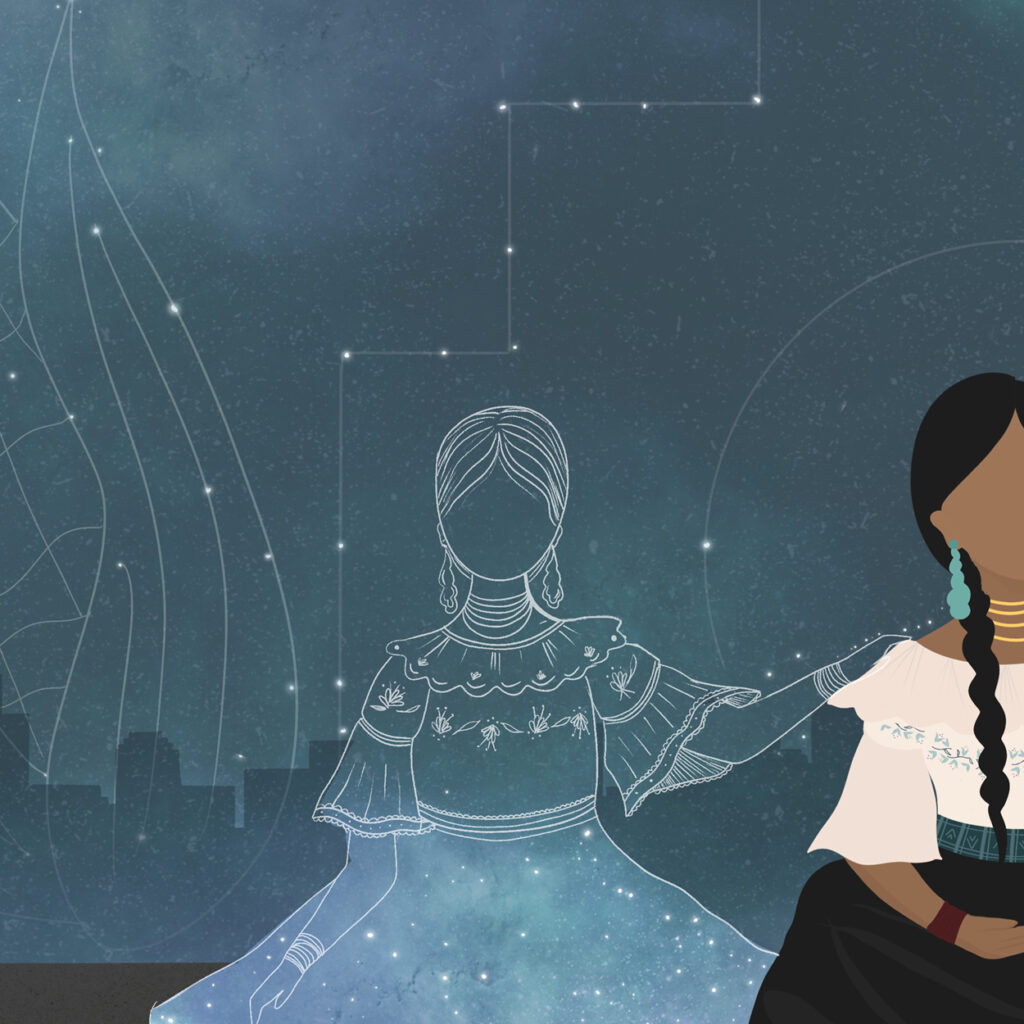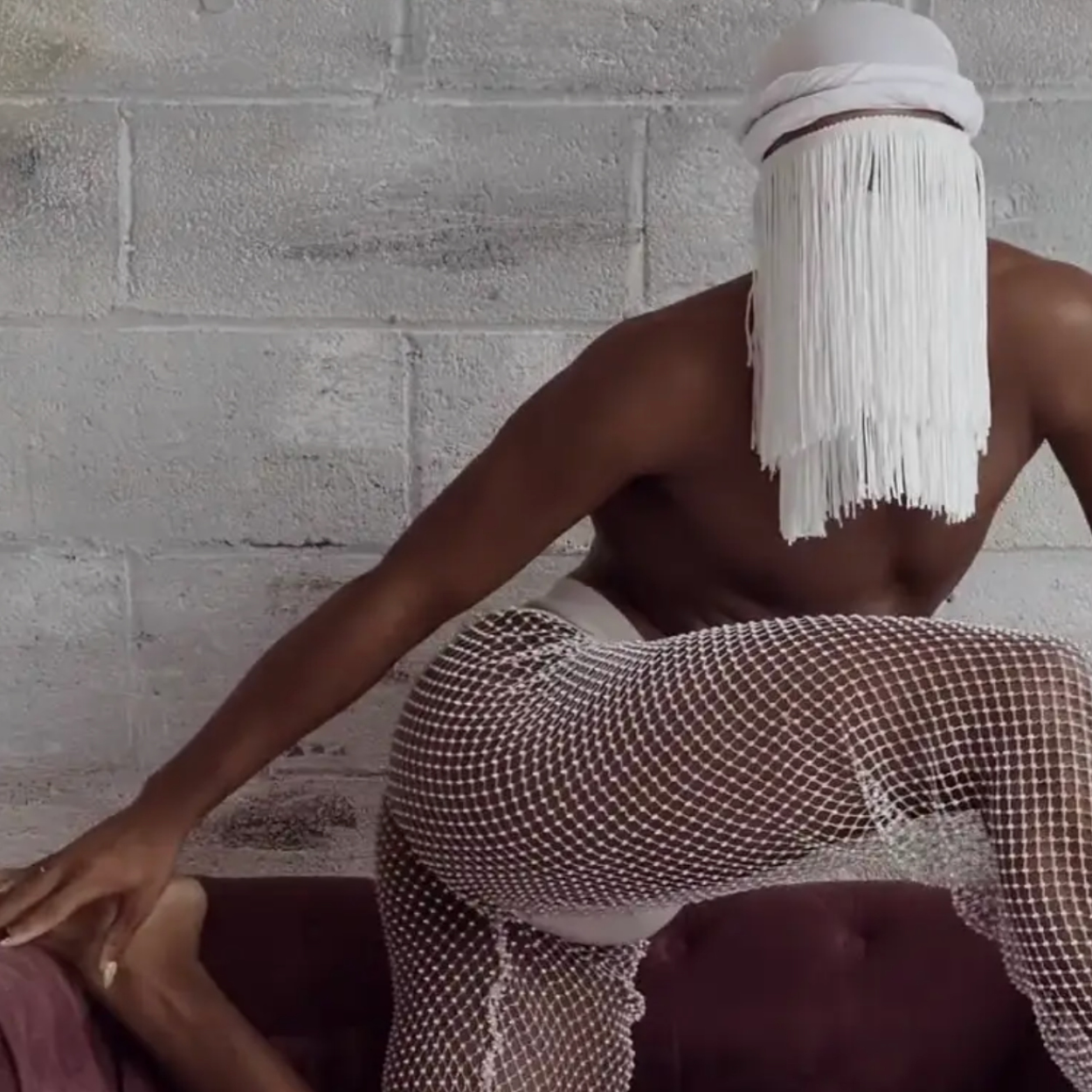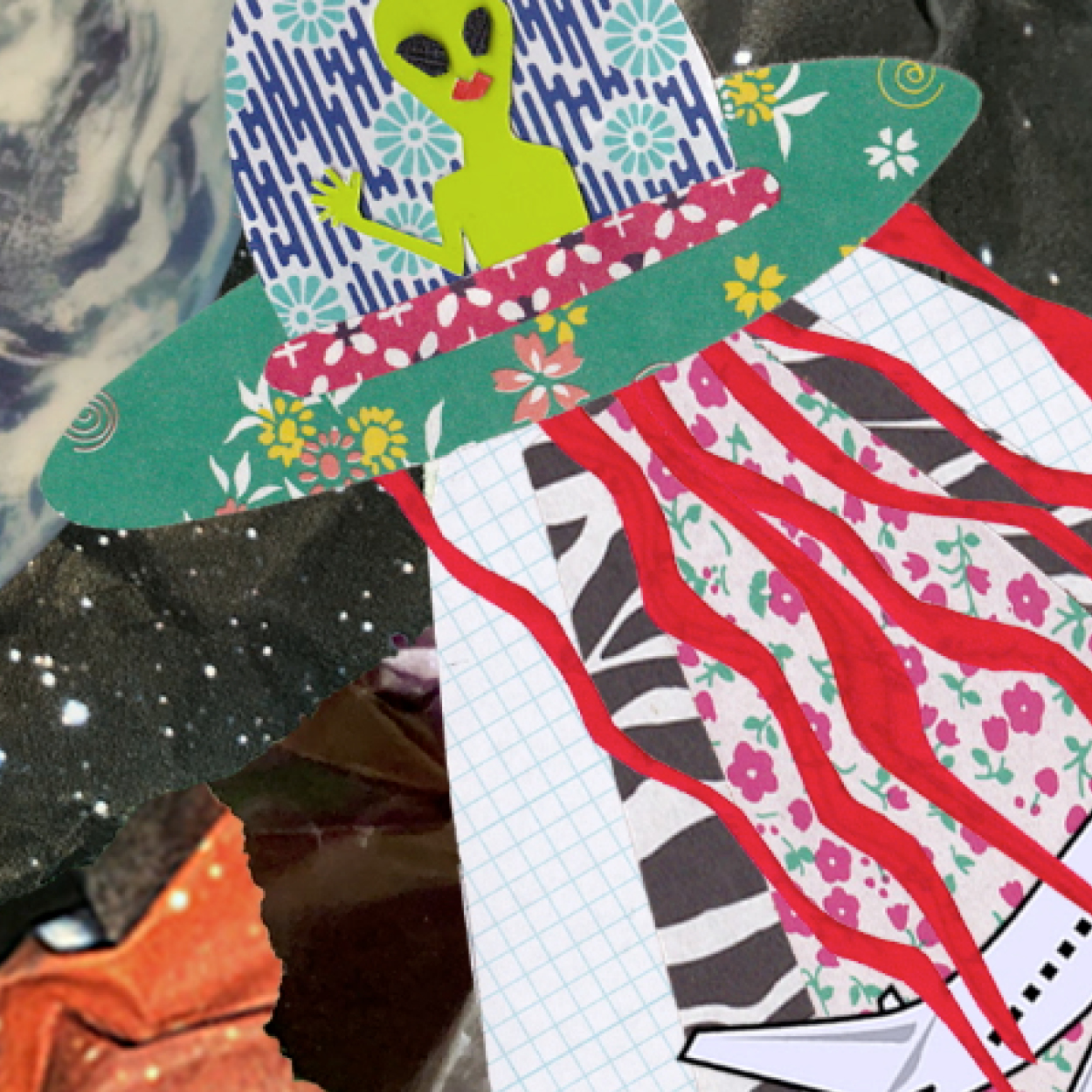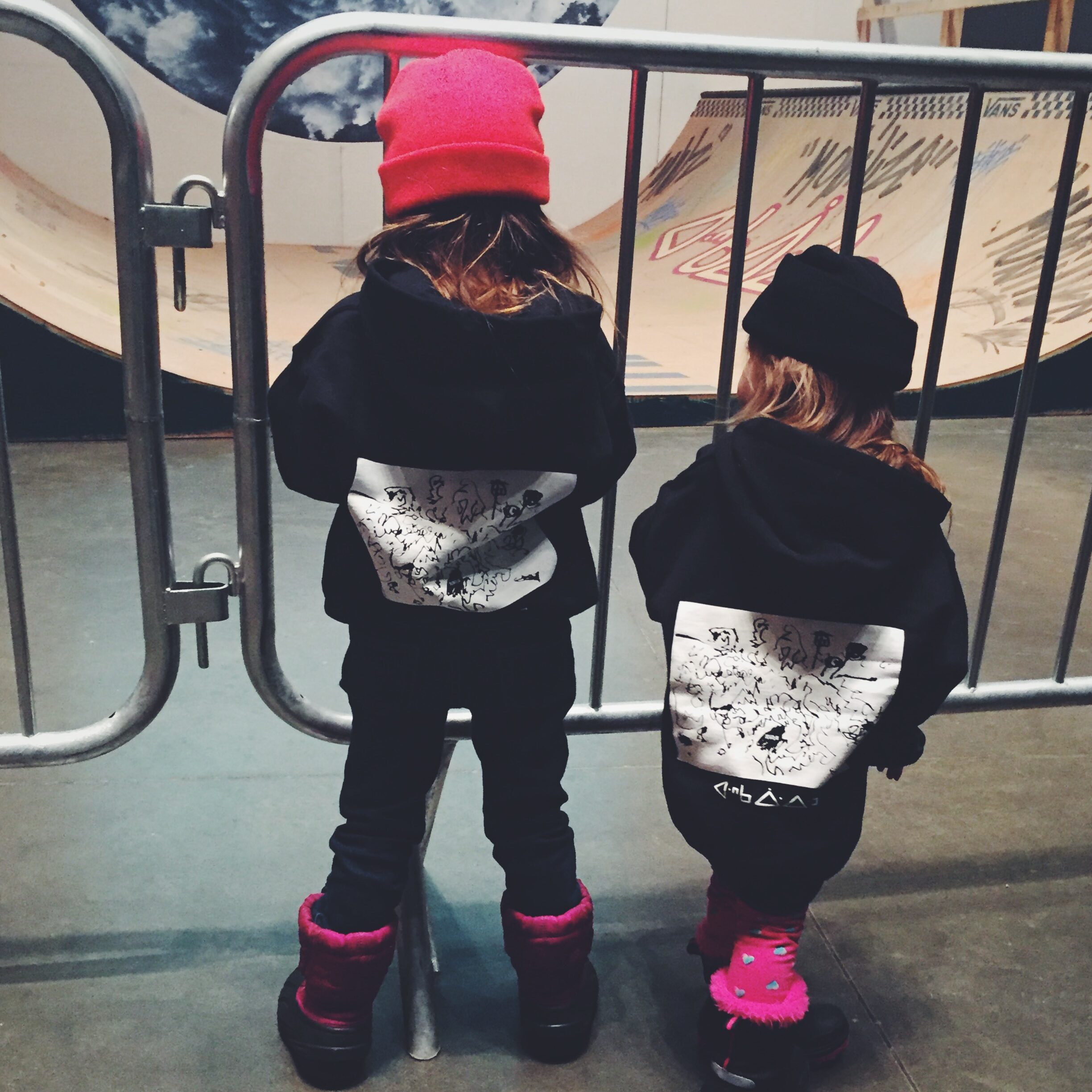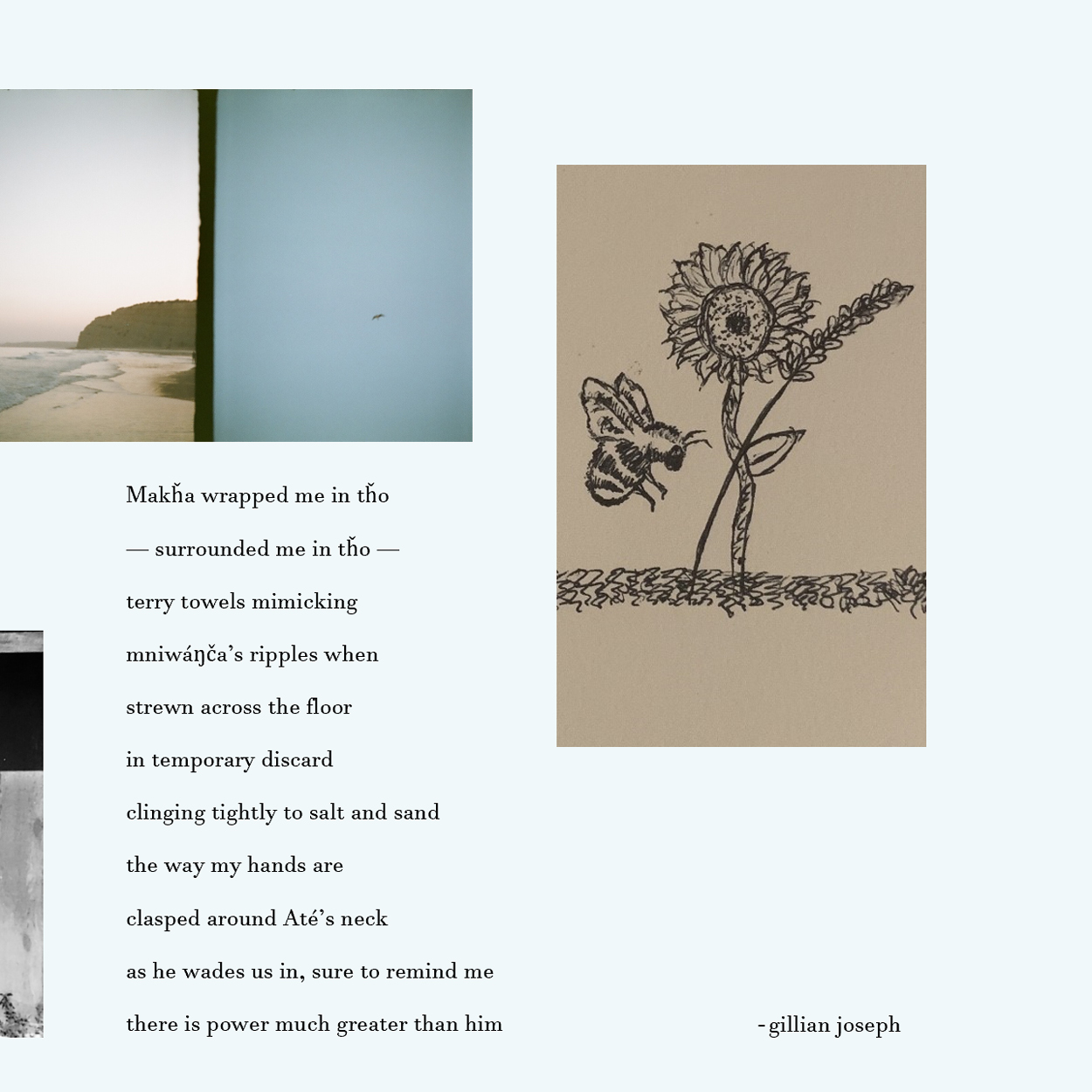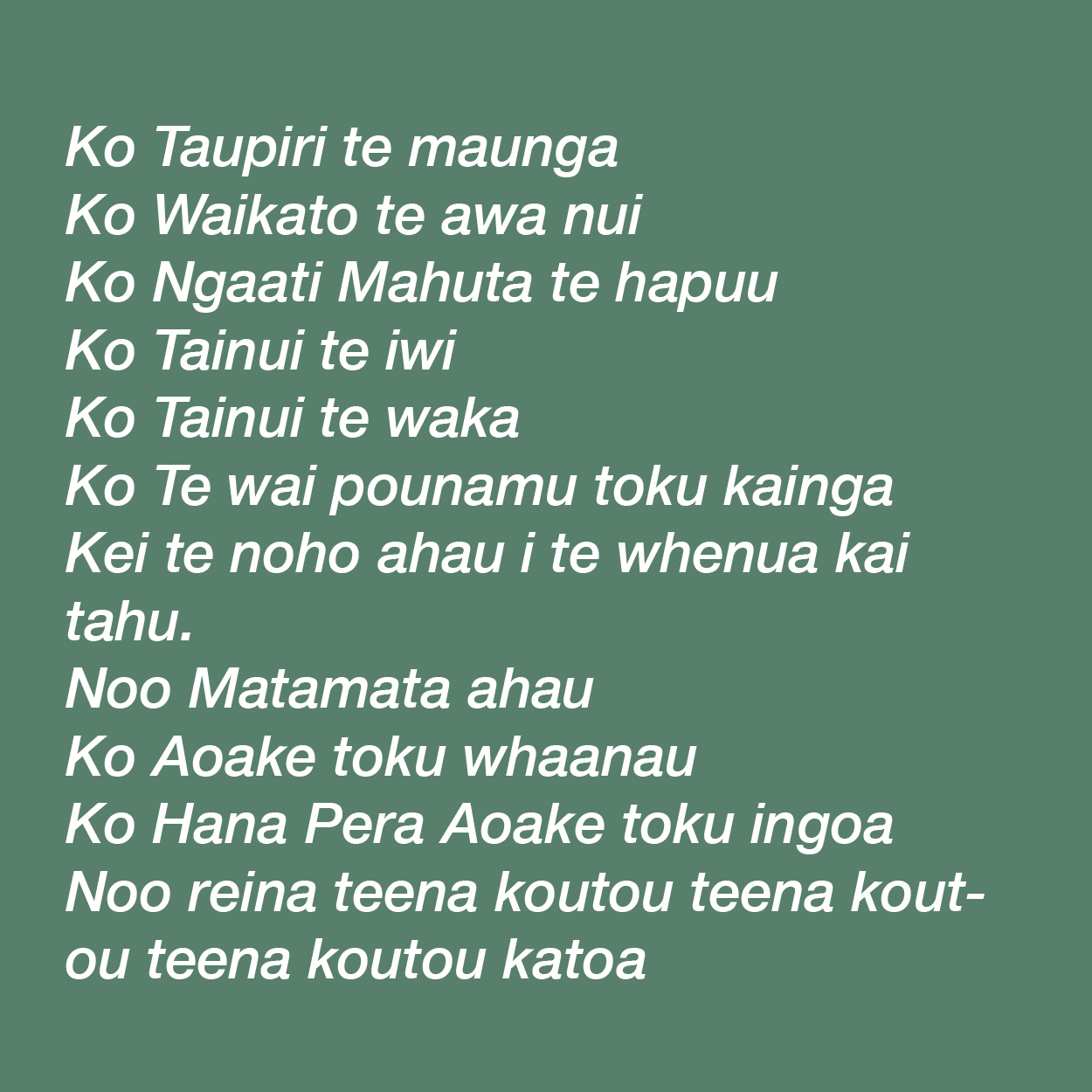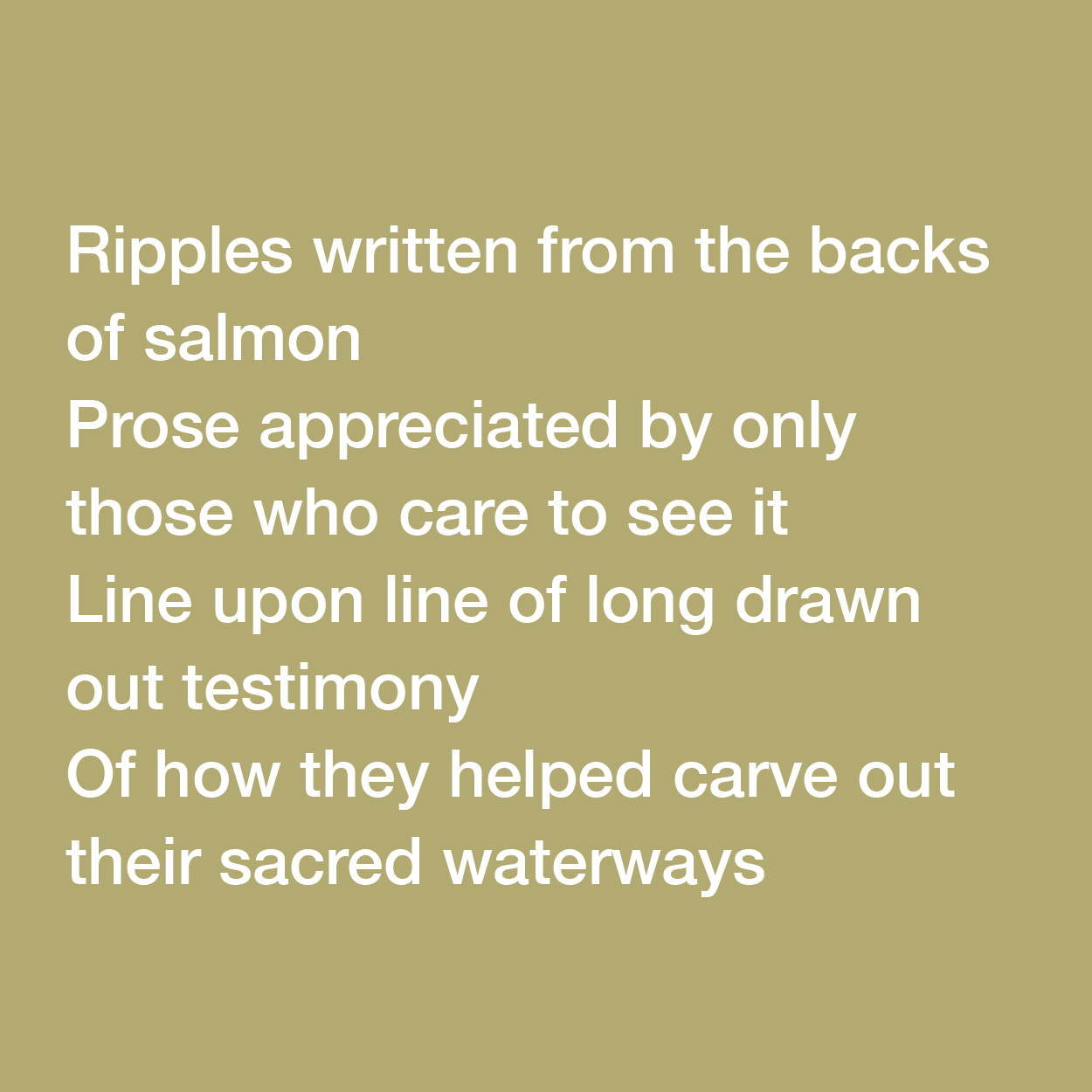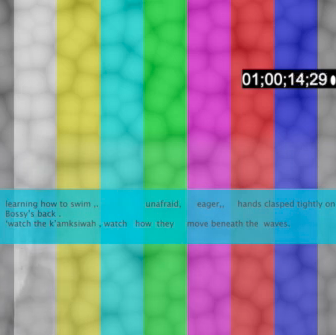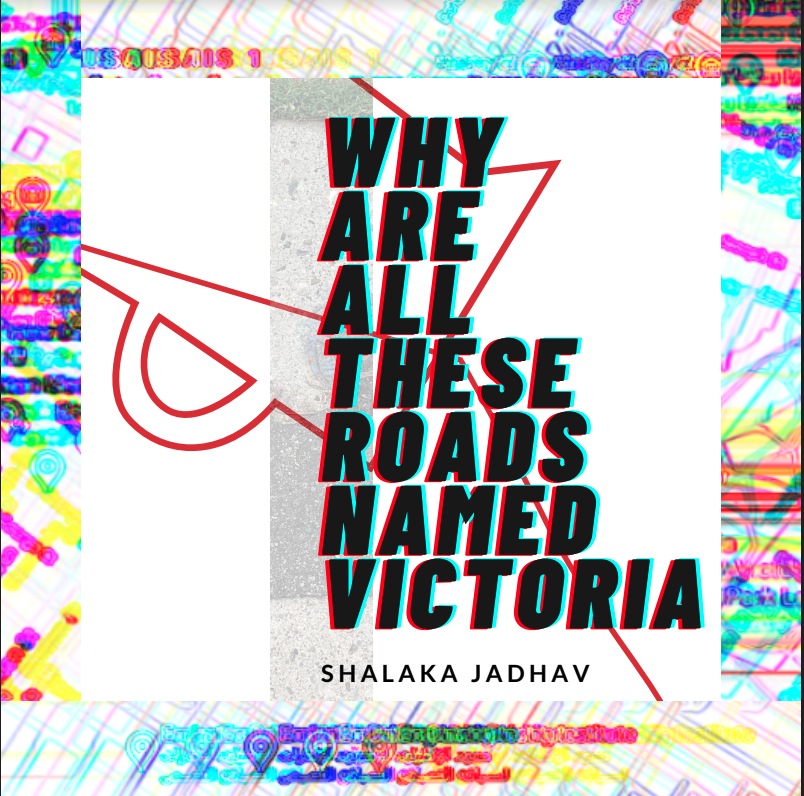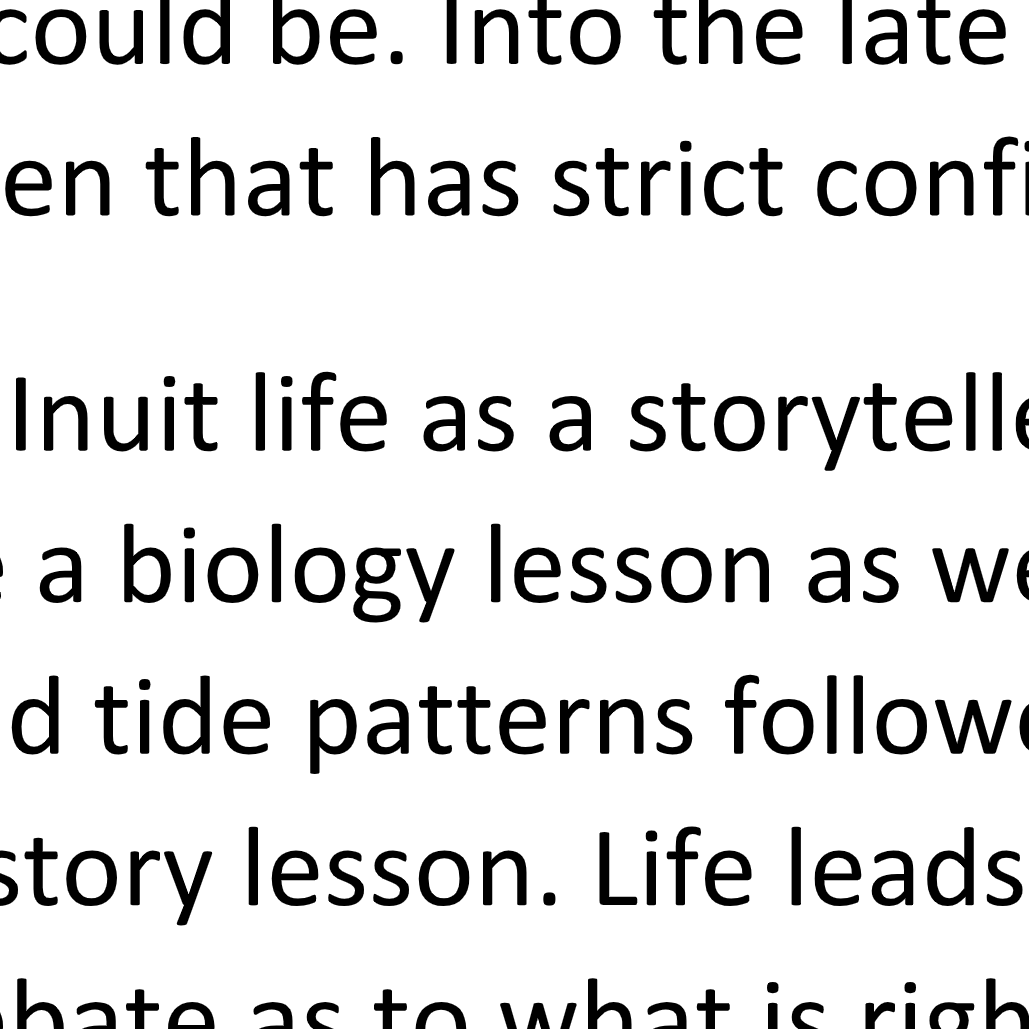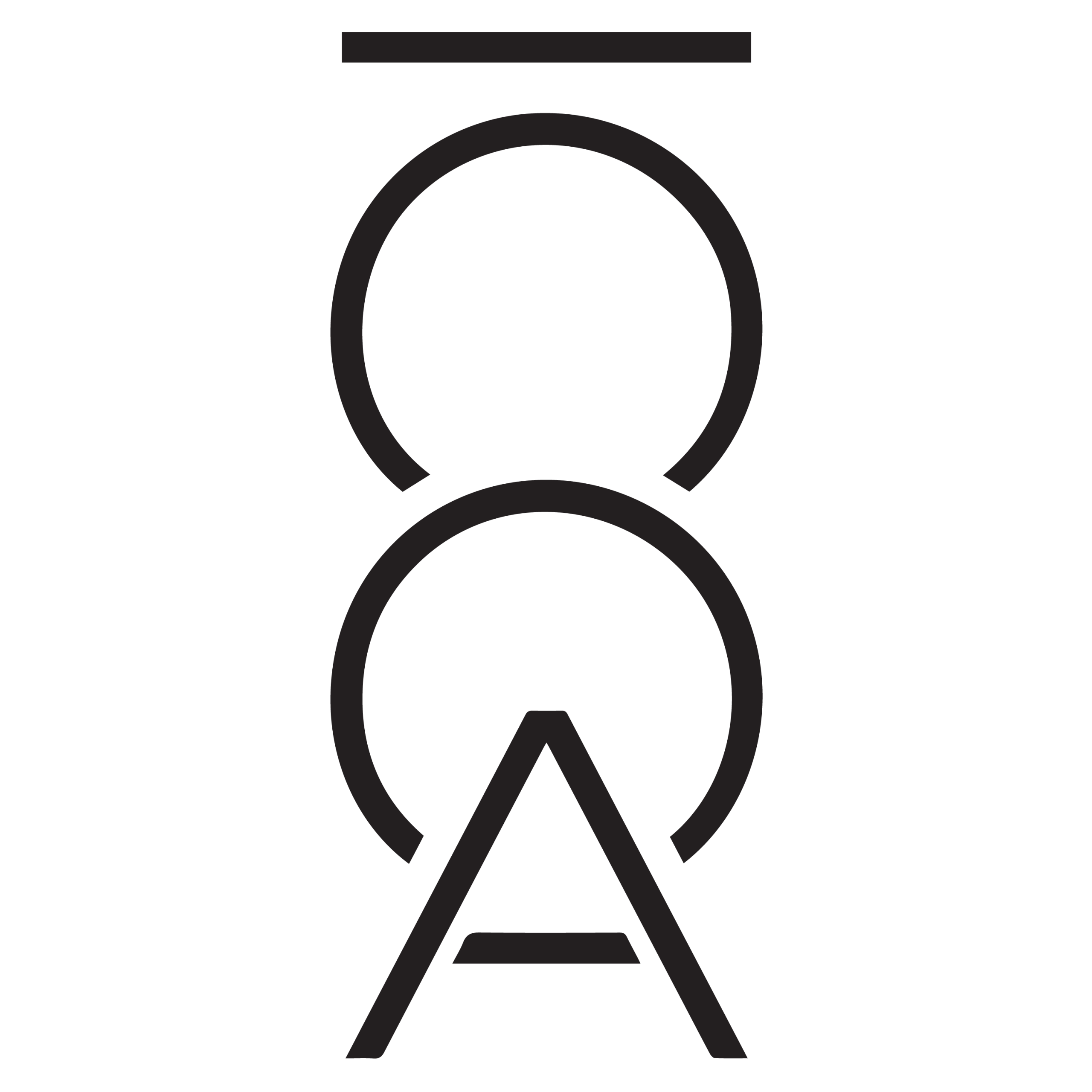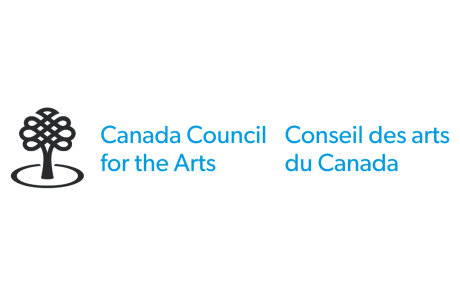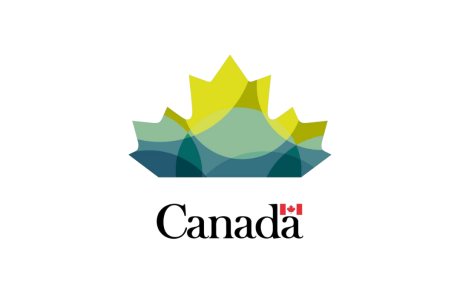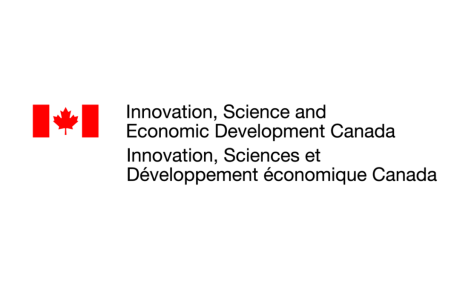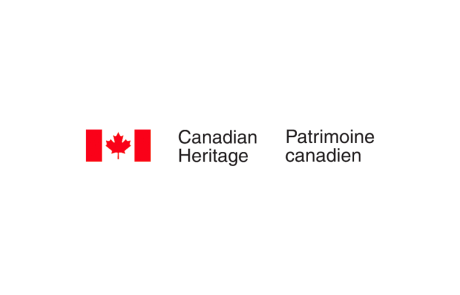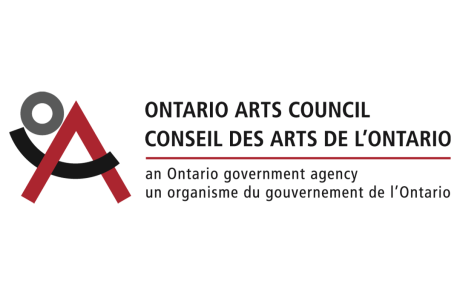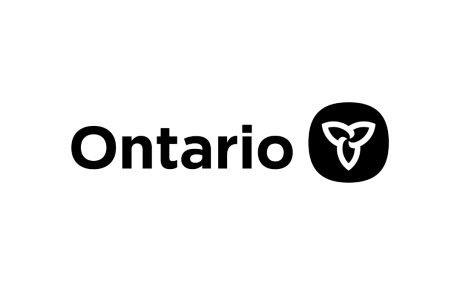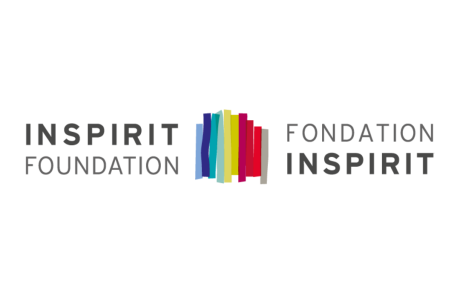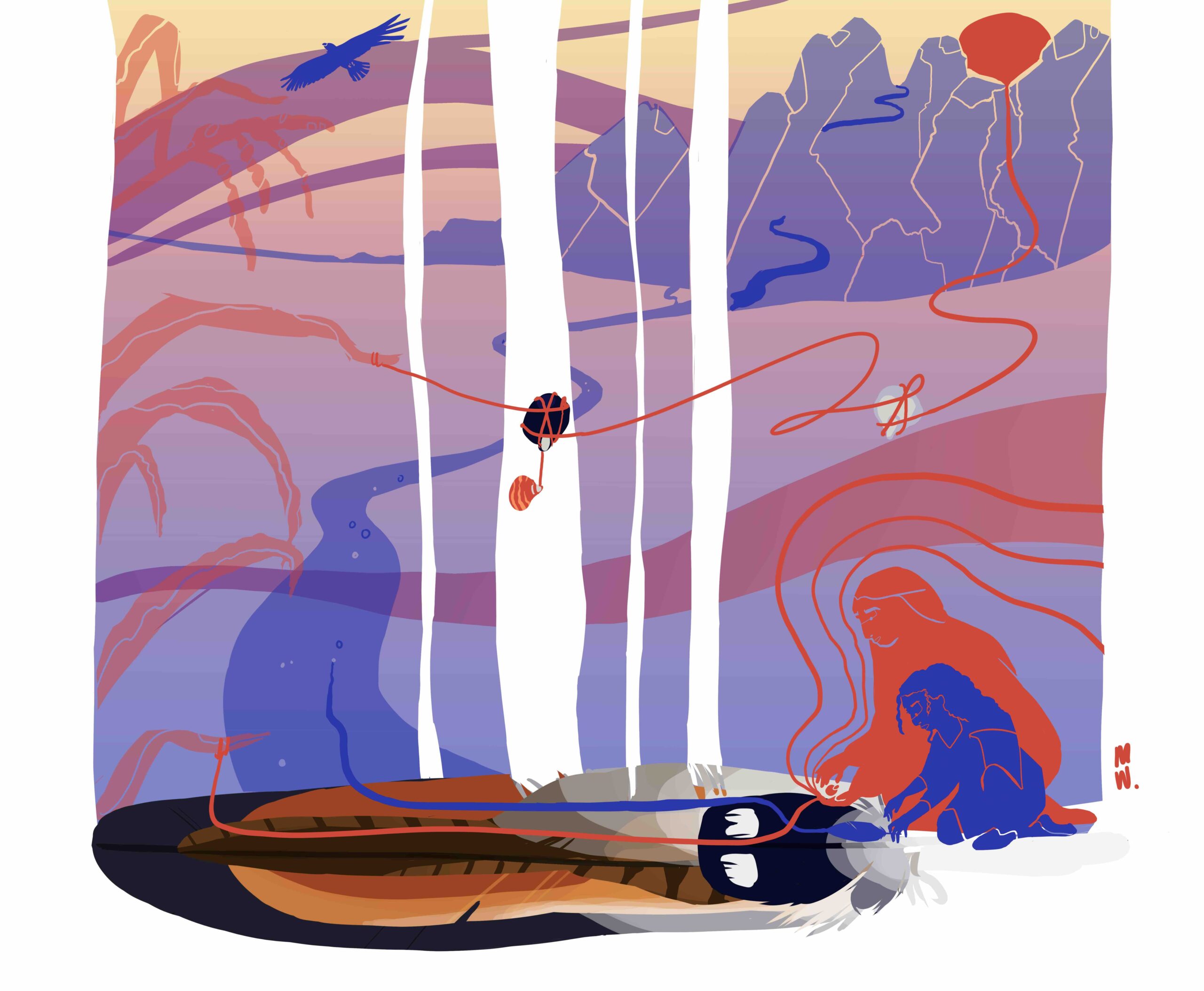
Melisse Watson, Adassligi (Blessings), 2020
Knowledge Within Us
The Aboriginal Curatorial Collective/Collectif des commissaires autochtones (ACC-CCA) presents a digital publication titled The Knowledge Within Us, aiming to explore and present the diverse ways Indigenous peoples engage with and express knowledge. The Knowledge Within Us is an education initiative of the ACC and seeks to deepen the exploration of what education and knowledge mean to the organization. It aims to create outputs that honor diverse relationships to these topics. This project helped shape the organization’s ongoing commitment to provide spaces for knowledge sharing that are rooted in who we are and who we serve. This publication seeks to amplify Indigenous perspectives on how knowledge is embodied, shared, and protected within colonial systems and institutions.
This initiative interrogates the colonial structures embedded in traditional education systems, such as cis-heteropatriarchy, capitalism, racism, and ableism, while promoting alternatives rooted in Indigenous worldviews. The Knowledge Within Us reflects the complexity, messiness, and creativity of knowledge, showcasing submissions from Indigenous curators, artists, writers, and community members. This platform invites a broad range of contributions, including written pieces, visual art, video submissions, poetry, and scholarly work.
The publication creates space for reflecting on and imagining new, decolonized methods of knowledge sharing. It offers opportunities to question and redefine how Indigenous knowledge is valued and protected in both community and institutional settings. It serves as a tool to challenge normalized practices within educational systems and inspire new ways of engaging with Indigenous knowledge across various spaces, including galleries and exhibition contexts.
Traditional educational systems are often shaped by colonial structures of oppression, including cis-heteropatriarchy, capitalism, racism, white supremacy, ableism, and ageism, which become normalized within knowledge-sharing frameworks. Through The Knowledge Within Us, the ACC-CCA challenges these structures, fostering an environment where knowledge sharing is rooted in the diversity of Indigenous perspectives. This initiative invites the reimagining of spaces for sharing knowledge that are not constrained by colonial ideologies but instead reflect Indigenous worldviews, fostering inclusive and decolonized spaces for expression.
Key Themes and Considerations:
- How do you embody and relate to knowledge? How do you express it within your communities, and what significance does it hold for you?
- What challenges do you face in embodying knowledge within colonial frameworks of knowledge production, whether in academic spaces, galleries, or exhibition contexts?
- How do you safeguard and protect your knowledge? What practices do you engage in to create space for others to live and share their knowledge?
Through this project, the ACC-CCA invites contributors to reflect on personal and communal relationships to knowledge, the challenges faced in maintaining and sharing knowledge in colonial structures, and the ways in which Indigenous peoples safeguard their knowledge while nurturing spaces for others to do the same.
Introduction
Quill Christie-Peters, Director of Education, ACC
The sound of rupture, a deep rumbling, an omnipresent hum. My body, flickering under stark moonlight. My ancestors, humming within each step. My voice, a blanket that surrounds me. I move myself through time and space, encountering many others that ebb and flow around me. Sometimes, we mark each other. Sometimes, a thread will join us. Sometimes, we hold each other tightly, forever changing one another. This is how I see my knowledge, a web that traverses earth and reaches into stars, braided with the hair of my ancestors and connecting me to people, places, moments. This web is always vibrating. It is alive. It is all of my pathways to others, it is all of my relationships but it is also me, my body, the great beyond, things that can’t be put into words. This is what knowledge is to me.
It has taken me awhile to get to this place of putting my knowledge into words, of alluding to its shifting and playful presence, forever flickering like a flame. When I am free, my knowledge is like a swirling galaxy, all of these beautiful stars dancing between here and there, then and now, and this galaxy lives in my heart. I visit this place often but it is not where I live, it is not where I find myself contained. The world that I live in is a rigid one, a settler colonial one. It is marked by the containerization of colonial power cut by the harsh edges of white supremacy, cis-heteropatriarchy, ableism, ageism and capitalism. It attempts to cut at my body. It has cut so many of my family members. It attempts to cut at our knowledge, breaking the threads that make us who we are, that softly guide us back to ourselves and the places that matter when we are lost in the night. This world, although cutting, is always a desperate attempt, is always desperate and helpless.
The Knowledge Within Us is a collection of threads. It is a woven contribution to invite others to witness how some of us share and presence our knowledge in a settler colonial world. Each invitation is different, both in scope and theme, but also in terms of how the knowledge is actually embodied and shared. From dance choreography to multimedia video works, from written word to the visual, we have come together from across Turtle Island and New Zealand to explore our unique relationships to knowledge as Black, Indigenous and People of Color. We gathered together, albeit virtually, to sit in circle with one another to build the threads that hold this publication together and I felt that swirling galaxy in my heart, felt that freedom within our dialogue, the rupturing of all the containerizations of this world, the building of new ones, all in an evening, all in a moment, captured within this publication that we are so happy to share.
The Knowledge Within Us is an education initiative of the ACC and is a project that seeks to deepen our exploration of what education means to us as an organization, what knowledge means to us and how we can create outputs that honor diverse relationships to these topics. This project helped us shape our Education Mandate and marks the beginning of en evolving commitment to provide spaces for knowledge sharing rooted in who we are and who we serve.
Publication Contributions
About the Cover Image
Adassligi is inspired by the many themes named by the collective around transformation, reconnection to oneself and ones child, the sending and receiving of guidance, messages and instruction. The Eagle feather is the base of this work, on top a red hawk wing feather, a hawk tail feather, and lastly a loon feather. These hold our intentions, the groups community and circle, contributions and message. The elder in the image as well as the child can be seen as two separate people, the same person through time, or an ancestor, contributing a teaching as a seed (maiz), while the child contributes by finding/adding a feather to the feathers that came before for guidance – the older person’s seed turns into corn, and the thread that carries through generations of knowledge – giving thanks to the sun. The feather moves into the energy of the water and represents the long journey guided by intuition and ancestral knowledge and instinct – whether you are returning, or coming to for the first time. This thread gives thanks to the water that meets the mountains and the sun on the horizon – a movement and cycle. The gaps in the image come from the gaps or injuries to the feathers – they represent the pain or shame felt of not having our knowledge, and the harm that has come – it carries through to create blank spots in the smoke – though along with the ancestors thread you can see the corn that would have fallen through these gaps, carried across them – a message of hope and resilience and strength.

Melisse Watson, Adassligi (Blessings), 2020
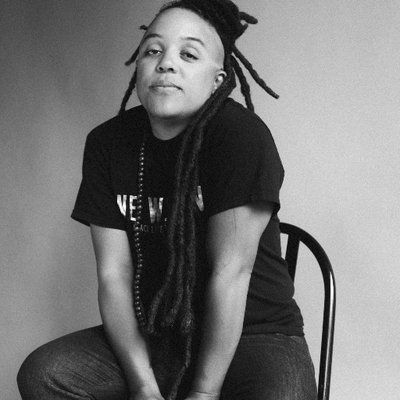
Melisse Watson is a Black non-binary artist and earth-worker of Tsalagi ancestry who is passionate about restoration work within both communities and with the land. A graduate in Pre-Health at George Brown College, Melisse intends to continue on the path of Nursing in order to create safer healthcare spaces with better outcomes for qtBlPOC peoples. Through performance, illustration, and installation work, Melisse explores complex relationships with body, spirit, gender, and Afrofuturism. Melisse has performed as part of the Toronto Fringe Festival, Summerworks Festival, Anique Jordan’s: Mystery of Clara Ford, and the AGO. Their illustrative work has supported programs like Youthline Toronto, Black Health Alliance, CHEERS Toronto, ACCKWA, Peak Magazine, and the Weave and Mend Collective. As a member of the Mapping Black Futures project, Melisse documented Black Indigenous people’s relationship to their neighbourhoods and the rivers that run through them and can be found at https://mbf.blackfuturesnow.to/. Instagram @coyotewatson

